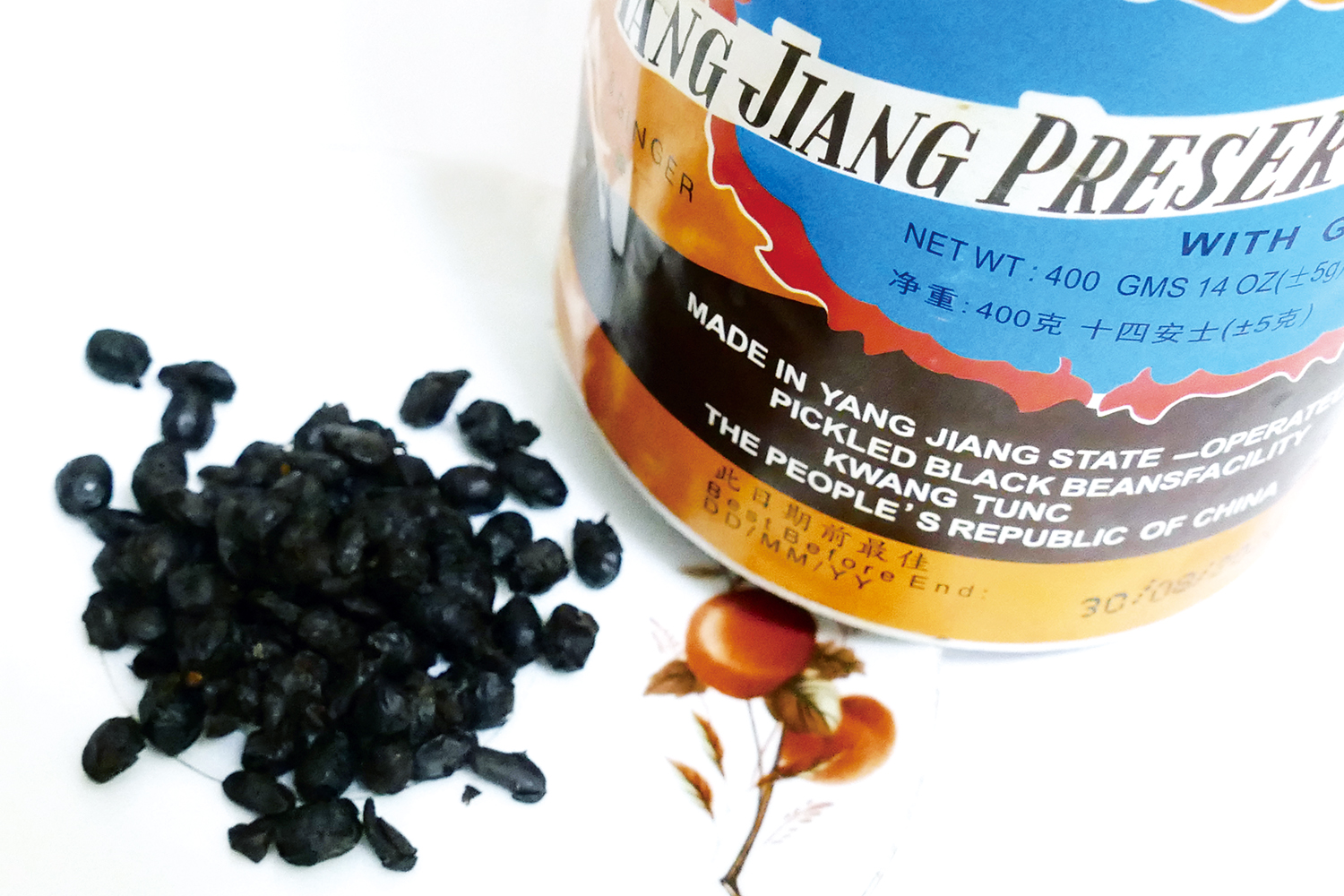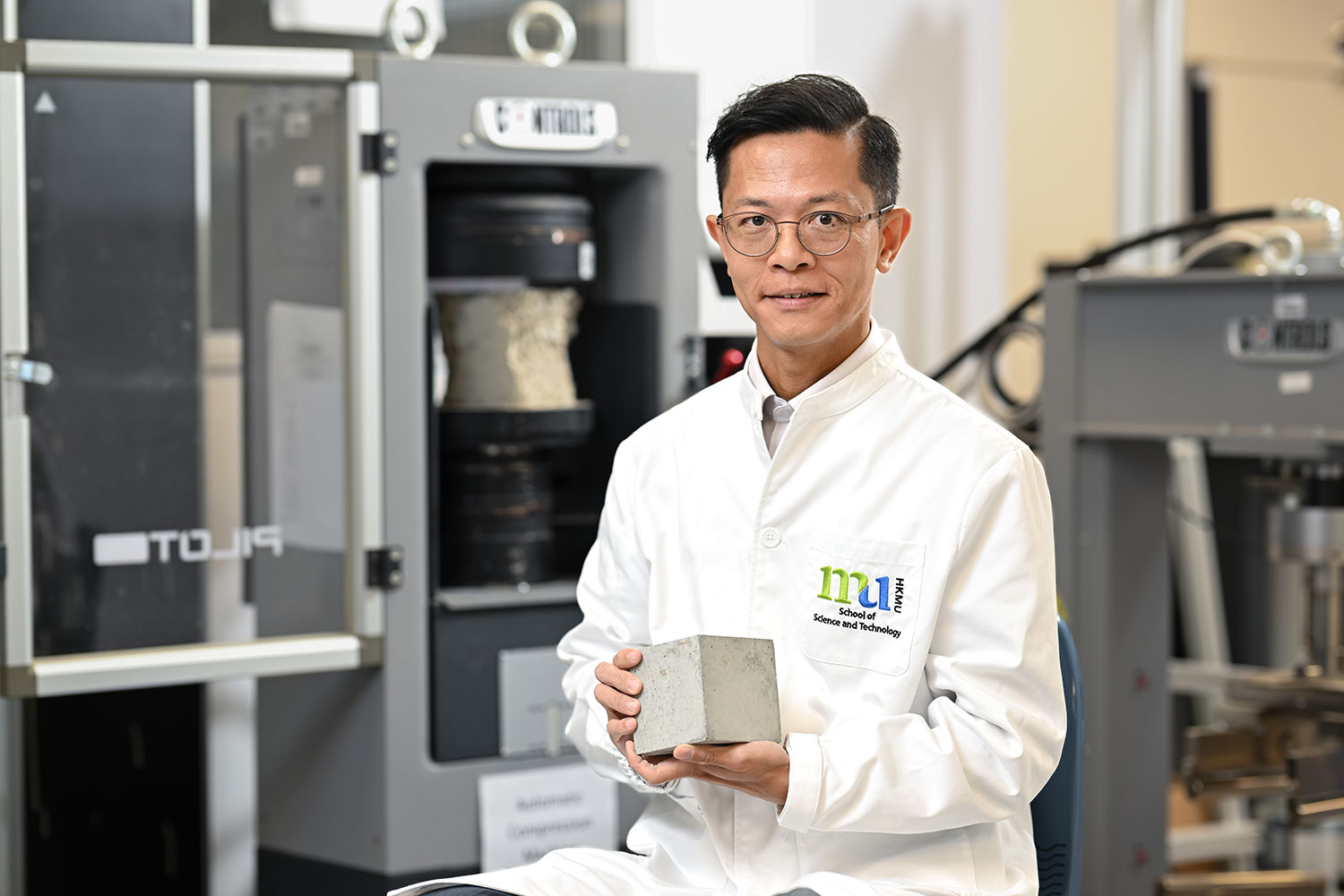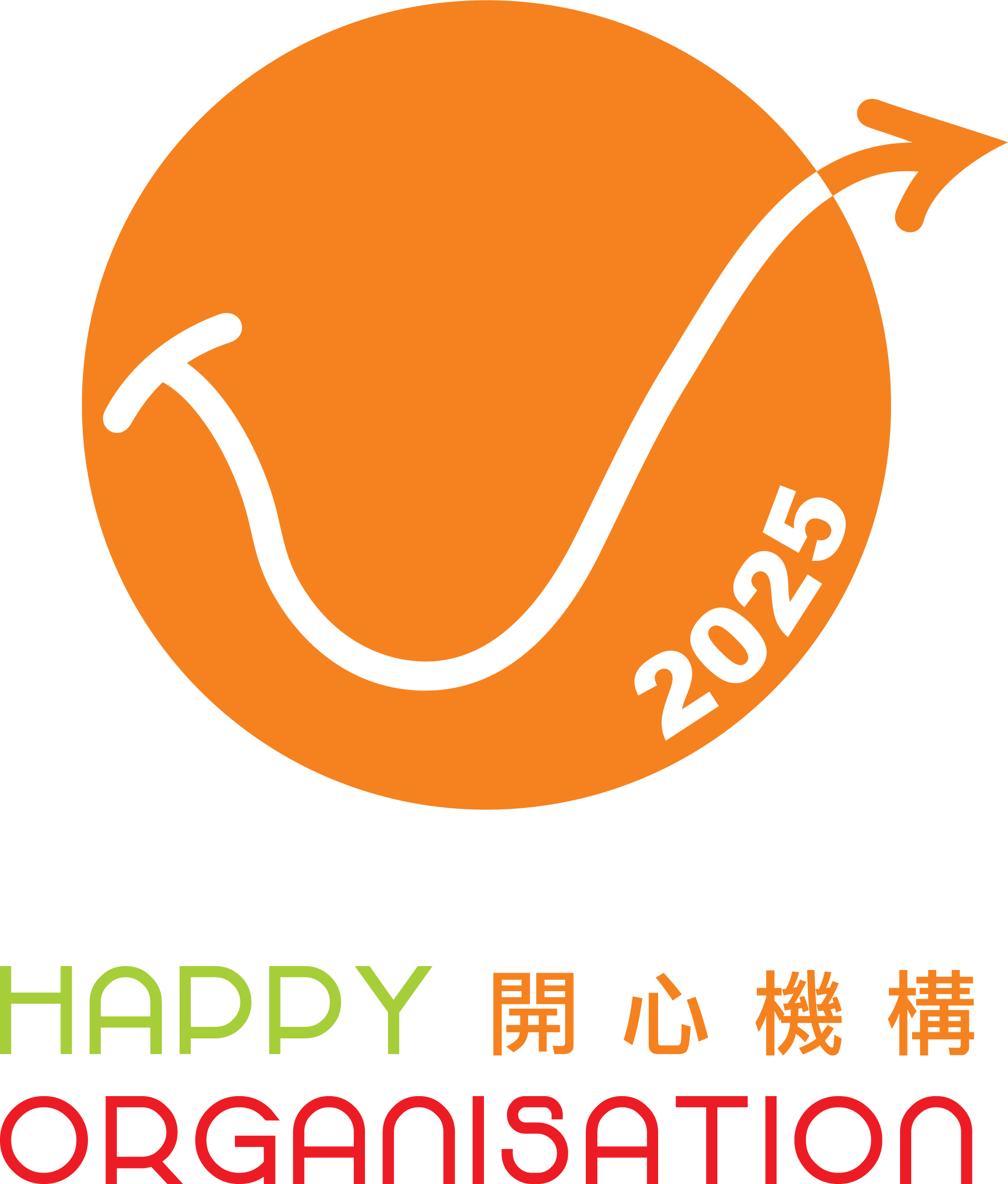As hubs of knowledge-building and dissemination, universities are nurturing grounds of not only the next generation of elites and leaders, but also of knowledge itself. In the last three decades, the OUHK has grown into a full-fledged university. Parallel to the vast expansion of its full-time education mission is its enthusiastic embrace of research. In line with its ethos of serving society, the OUHK emphasizes the value of research in bringing insights and solutions to issues of public concern.
University-wide capacity enhancement
'Research capacity enhancement' was identified as one of the five focuses of development in the latest OUHK Strategic Plan for 2019–2023. However, OUHK's evolution from a teaching-focused institution into a university with an increasingly diverse portfolio of applied research did not happen overnight. Due to its initial role in distance education, the bulk of the University's research activities was, at the beginning, oriented towards teaching and learning methods and the development of innovative teaching technology. Today it remains a leader in the field, with the Institute for Research in Open and Innovative Education (IROPINE) spurring research in educational innovation. Meanwhile, research efforts have also extended into other niche areas of study offered by the various Schools. For a university with an increasingly important position in Hong Kong's tertiary education scene, such development is only natural. Provost Prof. Reggie Kwan notes, 'We believe that to offer effective education, our academic staff must be well-informed within their disciplines and be able to bring the most advanced knowledge to their students. This entails a commitment to applied research. Moreover, being fully developed as a major university in Hong Kong, the OUHK ought to be active and effective in research work.'
One practical challenge when it comes to research is funding. For a long time, public research funding had been almost exclusive to Government-funded universities. A breakthrough came in 2013 when the Research Grants Council (RGC) introduced the Competitive Research Funding Schemes for the Local Self-financing Degree Sector. The OUHK immediately seized the opportunity. 'Since then, we have secured close to HK$87 million from the schemes,' Director of the Research Affairs Dr Li Kam-cheong says. 'Our cumulative RGC funding will likely exceed the HK$100 million mark next year, which will allow us to embark on even more meaningful research projects in the coming years.'
The University has been the largest beneficiary of the RGC initiative. In fact, it proudly stands as the only institution to have a project endorsed each year under the Institutional Development Scheme Research Infrastructure Grant (IDS-RIG), which has to date inaugurated six major research units at the University. In 2015 and 2016, the Research Institute for Digital Culture and Humanities (RIDCH), the Institute for Research in Innovative Technology and Sustainability (IRITS), the IROPINE, the Institute of International Business and Governance (IIBG) and the Research Institute for Bilingual Learning and Teaching (RIBiLT) came into operation one after the other. More recently, the Public and Social Policy Research Centre was set up in 2019 to investigate pressing housing and ageing population issues. In addition to these long-term establishments, several reseach projects under the auspices of the same scheme have also been launched, covering such areas as testing and certification, Chinese culture, bilingual learning and teaching, and nursing education.
New facilities for coastal wetland research in the Greater Bay Area
The latest IDS-RIG grant received, amounting to HK$9.3 million, will support the building of facilities for coastal wetland research in the Greater Bay Area. Prof. Fred Lee Wang-fat, Head of Science of the School of Science and Technology, explains, 'We were put in touch by the President with researchers working in the Neilingding Island Futian National Reserve in Shenzhen. More than ten of our faculty members had been carrying out research in the area for some time. To further our work, we proposed setting up a centre where the region's coastal wetland areas can be studied and preserved.' The centre will include state-of-the-art facilities for studying species and natural substances from the perspectives of biological science and environmental conservation, and will host research on, for example, the functions of wetlands as natural filters and purifying agents.
Dr Li Kam-cheong attributes the University's success in gaining research funding to the practical value of its projects. 'We prefer to focus on research work that can make practical contributions to society, and that will directly benefit the community,' he says. To cultivate an active applied research culture, the University has allocated extra resources to Schools and implemented staff incentive schemes. 'In addition to providing internal research funding to get scholars started, we have also been holding seminars and workshops to help staff build up their research skills, such as proposal writing techniques,' Dr Li adds. 'As a policy, staff who have external funding for research projects are given more time to engage in research, and the University enhances staff research profiles through recruitment. Our senior management have also been actively promoting academic research and encouraging research publications.'
Protecting fish against harmful algal blooms
The University's efforts to cultivate an active applied research culture are paying off across the board. In the most recent round of the RGC Faculty Development Scheme (FDS), it was granted nearly HK$12 million to carry out 16 impactful projects. Some of the projects from previous years are already showing good progress. A project led by Prof. Fred Lee, who specializes in employing molecular and proteomic approaches in the study of harmful algal blooms (HABs) — or red tides — and the associated toxin production mechanisms, promises to shed light on strategies to protect fish against such blooms and hence contribute to food security. 'HABs are responsible for massive economic losses in the fish farming and shellfish industries. The project is focused on one particular species of fish-killing algae, known as Karenia mikimotoi, which has recently been blooming in Chinese waters every few years,' says Prof. Lee.
In 2012, an enormous bloom of the species caused the death of at least US$300 billion's worth of abalone in Fujian, while in 2016, more than 200 tons of fish in several fish farming zones in Hong Kong suffered. 'Despite the abundance of studies on K. mikimotoi over the past decades, the exact mechanism by which it kills fish and shellfish remains unclear,' Prof. Lee continues. 'To alleviate the problem, we need to understand how fish gills respond to the species at the molecular level. Our project will help formulate preventive measures or proactive strategies against fish-killing incidents, which will have significant implications on the local, mainland and even international fish farming and shellfish industries in the long run.'
Fermenting traditional Chinese foods with probiotics to reduce cancer risks
In another project under the School of Science and Technology, Dr Eric Sze Tung-po from the University's signature Testing and Certification stream is looking to enhance the safety and health benefits of traditional fermented Chinese foods with his expertise in using probiotics and food testing technologies. The project was conceived in light of the association between the consumption of fermented foods of the Cantonese diet, such as douchi (fermented black soybeans), sufu (a cheese-like soybean product) and Chinese sauerkraut, and the prevalence of three types of cancer in southern China and Hong Kong: gastric carcinoma, esophageal carcinoma and nasopharyngeal carcinoma — the last of which is so common in the region that it is referred to as the 'Guangdong cancer'.
The 'culprits' in these foods are the carcinogenic N-nitroso compounds, which are derived from precursors called 'biogenic amines' that form in the process of ripening. 'The actual level of biogenic amines in fermented foods is very much determined by, among other things, the microbial composition of the fermentation starters,' Dr Sze explains. 'However, as it's common for manufacturers to ferment food in an uncontrolled environment using the previous batch of fermented food products as the starter, the microbial composition of the starters will change from time to time. For the first time, we introduced probiotics as fermentation starters and closely monitored the levels of biogenic amines in food samples ripened under controlled environments. Our hypothesis is that probiotic bacteria, as microorganisms beneficial to human health, may not only minimize the health risks of fermented foods but also promote their health benefits.' Dr Sze's team has already completed a pilot study showing reduced levels of two most potent biogenic amines, namely histamine and tyramine, in in-house douchi samples fermented under anaerobic conditions. The research report is published in an academic journal. 'Our study demonstrates that the generation of biogenic amines is related to the starter compositions and the fermentation environments. These findings will be applicable to studies aiming to develop healthier fermented Chinese foods,' he concludes.
Development of ECE educators' professional identity under the free kindergarten policy
Faculty members at the OUHK are also actively carrying out policy research within their own areas of expertise. At the School of Education and Languages, which runs the University's long-standing and in-demand Early Childhood Education (ECE) programmes, Dr Jessie Wong Ming-sin is currently researching the development of local pre-school teachers' professional identity under the new free kindergarten education policy. This was prompted by the introduction of the Free Quality Kindergarten Education Scheme (FQKES) in September 2017, which replaced the Pre-primary Education Voucher Scheme (PEVS) implemented ten years ago. 'The new policy will likely change the dynamics between teachers, parents and the Government. Under the PEVS, kindergartens were very much market-driven as they had to compete for students who held the vouchers,' Dr Wong explains. 'By subsidizing kindergartens that opt to join the FQKES directly, the Government will re-establish its control over the formerly private kindergarten sector in the long run.'
To assess early childhood educators' perception of their professional identity in this context, Dr Wong conducted surveys with about 270 principals and teachers from over 80 FQKES kindergartens, and 175 pre-service teachers from seven ECE training institutions. In particular, the survey with pre-service teachers found that while 80% of the interviewees considered themselves professionals, 60% of them also believed that the public in general thought otherwise. Dr Wong found this result consistent with her impression of the public's perception of the ECE sector. 'We often hear of parents choosing a kindergarten for its "caring" and "loving" teachers, while the teachers' knowledge and skills aren't part of their consideration. We have yet to conduct further analyses, but from what we've gathered, something has to be done to correct the impression that kindergarten teachers are no more than nice ladies who love to play with children,' she elaborates. 'The Government should take the lead in promoting early childhood educators as trained professionals, whereas teacher training institutions will have to think about how to help teachers-to-be understand that they're doing very meaningful groundwork in education.'
Eileen Chang as shaped by cultural dynamics in mainland China, Taiwan and Hong Kong
The Creative Arts Department of the School of Arts and Social Sciences has embarked on various types of research in recent years, and currently, Department Head Dr Rebecca Leung Mo-ling is taking an alternative look at the enduring 'Eileen Chang phenomenon'. Chang quickly rose to fame after her work was first published in Shanghai in 1943. Due to the popularity of her screenplays, her influence soon extended beyond the literary field, making her a cultural icon in Shanghai, Hong Kong and Taiwan. While there is little doubt to Chang's literary achievements, popular criticisms of her works and her personal life have been more controversial.
Instead of adding to the plethora of literary studies on the widely-researched writer, Dr Leung decided to adopt a sociological approach with the aim of demonstrating how the image of the phenomenal female writer has been shaped by the dominant national and cultural imagination of specific times and spaces. 'Many of the accusations against Chang, of her being a traitor, for example, are without grounds,' says Dr Leung. 'If you look at the media coverage on Chang in Shanghai in the 1940s, you'll see a sudden, almost universal shift in criticism after 1945, the year in which the Chinese victory in the Second Sino-Japanese War put an end to the Japanese occupation of Shanghai. This reveals how the popular imagination of a writer can be caught up in social dynamics.' Her project involves compiling a massive database of newspaper articles on Eileen Chang from mainland China, Taiwan and Hong Kong from 1943 to 2016, which will provide invaluable alternative resources for the growing studies on the writer. The insights gained from this study will also enrich her teaching. 'Creative Writing and Film Arts students don't just study the craft of writing,' she notes. 'They have to grasp the related theoretical frameworks such as literary criticism, cultural studies and sociology as well.'
Nurturing a new generation of researchers
In addition to enriching their teaching with their findings, research-active academics are also passing their passion for knowledge onto their students. Dr Jessie Wong and Dr Dorothy Tong Nga-yui from the School of Education and Languages have encouraged ten students of various years to submit paper abstracts to the 72nd World Organization for Early Childhood Education World Conference 2020, and are looking forward to taking them to the conference this summer. 'This is an excellent opportunity for our students to experience conducting a mini-study on an individual basis,' says Dr Wong. 'Hopefully this will give them a taste of owning the knowledge they have generated, and perhaps encourage them to pursue an academic career in the future. The Hong Kong ECE field is very much in need of young researchers.'
In Computing, Prof. Andrew Lui Kwok-fai from the School of Science and Technology takes great joy in engaging his students in research. 'I've been engaged in several types of research work recently, working closely with my colleagues — particularly Prof. Vanessa Ng Sin-chun — and research students on artificial intelligence technology, such as data clustering and deep learning,' says Prof. Lui. 'At present, we're looking to improve the technology for automated short answer grading in massive open online courses (MOOCs), for example. But I also enjoy taking time off to supervise smaller experiments by final-year students. Research work expands their perspectives enormously and prepares them well for later R&D work.' Such experiences are especially valuable given the University's plan to expand its postgraduate research programme offerings.
On top of Government funding, the OUHK is also indebted to philanthropists in the community for resources to realize its research endeavours. For instance, the Tin Ka Ping Centre of Chinese Culture, which organizes many activities facilitating academic exchange and research, is supported by the Tin Ka Ping Foundation. With the University Grants Committee's launch of the Research Matching Grant Scheme last August, under which HK$3 billion has been earmarked for matching by local degree-awarding institutions over a period of three years, the University is expecting that more private funding will be rolling in, allowing it to contribute practical, relevant and timely knowledge to society in return.


































